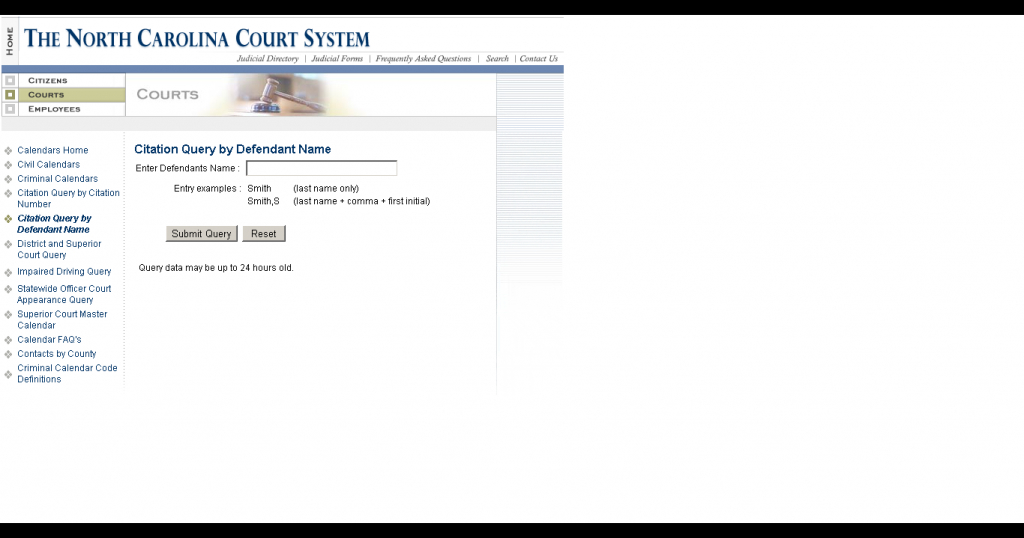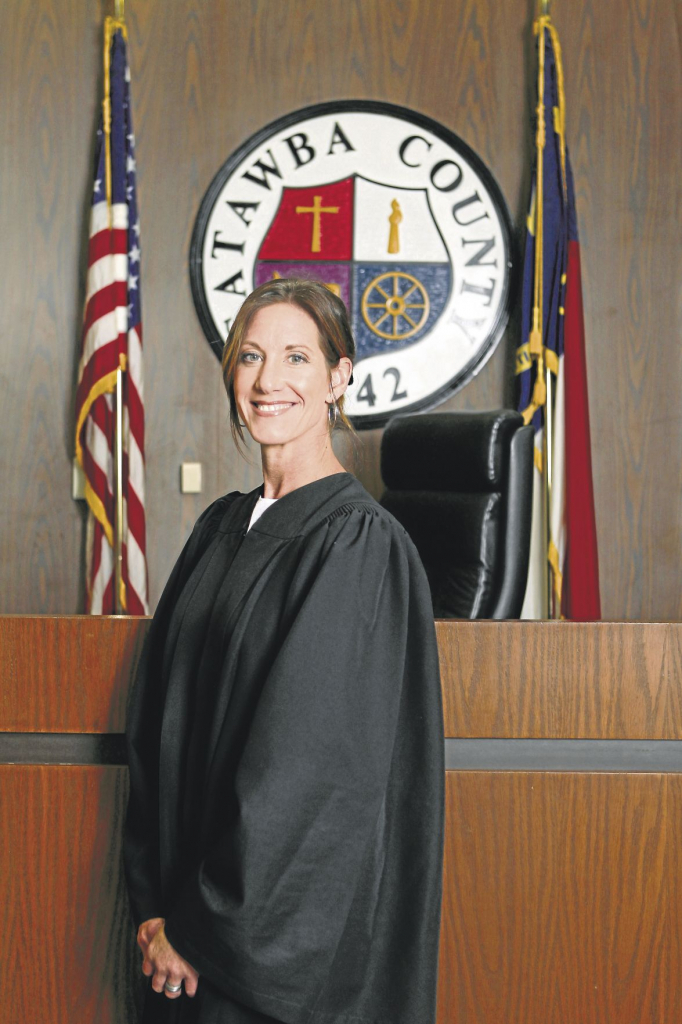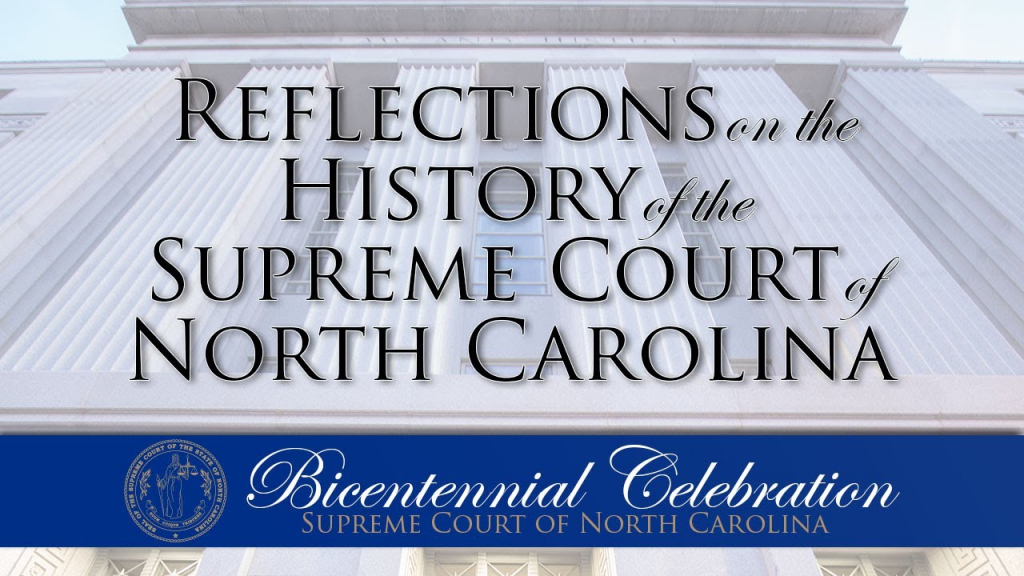North Carolina Court Calendar: Your Ultimate Guide To District And Superior Courts
Let’s be real, navigating the legal system can feel like trying to decode ancient hieroglyphics. But don’t sweat it—today, we’re breaking down everything you need to know about the NC court calendar for district and superior courts. Whether you’re an attorney, a defendant, or just someone trying to stay informed, this guide’s got your back. So grab a cup of coffee, sit tight, and let’s dive in!
When it comes to legal matters, having access to accurate information is key. The North Carolina court calendar plays a vital role in organizing and managing court proceedings, ensuring that everyone involved knows when and where things are happening. Whether you’re dealing with traffic violations, civil disputes, or criminal cases, understanding how the court calendar works can save you a ton of headaches.
Now, before we get too deep into the weeds, let’s set the stage. The NC court system is divided into two main branches: district courts and superior courts. Each has its own responsibilities and rules, and the court calendar helps keep everything running smoothly. So, buckle up because we’re about to break it all down for you in a way that’s easy to understand and super useful.
Read also:Snow Funeral In Saginaw Mi A Chilling Journey Through The White Blanket Of Loss
What Exactly is the NC Court Calendar?
The NC court calendar is essentially a schedule that outlines when and where court sessions will take place. It’s like the ultimate planner for the legal world, keeping track of everything from hearings to trials. For district and superior courts, this calendar is crucial because it ensures that cases are heard in a timely manner and that everyone involved is on the same page.
Think of it this way: the court calendar is the backbone of the judicial system. Without it, things could get messy real quick. Lawyers would show up to the wrong courthouse, witnesses might miss their dates, and judges could be juggling cases left and right. But thanks to the court calendar, everything stays organized and efficient—or as efficient as the legal system can be, anyway.
Why Does the Court Calendar Matter?
Here’s the deal: the court calendar isn’t just some random schedule. It’s a tool that affects everyone involved in the legal process. For defendants, it means knowing exactly when they need to appear in court. For attorneys, it helps them plan their workload and prepare for upcoming cases. And for judges, it ensures that they can manage their dockets effectively.
But here’s the kicker—it’s not just about convenience. A well-managed court calendar can actually improve the overall efficiency of the judicial system. Fewer delays, fewer missed hearings, and fewer frustrated parties all around. So, yeah, it’s kind of a big deal.
Understanding District Courts in North Carolina
Alright, let’s talk district courts. These are the workhorses of the NC court system, handling a wide range of cases that affect everyday folks. From traffic tickets to family law disputes, district courts are where most people first encounter the legal system.
Here’s what you need to know:
Read also:Barry From Storage Wars Dies A Tribute To The Iconic Auctioneer
- District courts handle civil cases involving claims up to $25,000.
- They also deal with criminal cases, including misdemeanors and infractions.
- Family law matters, like child custody and divorce, are often handled in district court.
And guess what? The court calendar for district courts is just as important as the one for superior courts. It ensures that cases are heard promptly and that everyone involved knows what’s coming next. So, whether you’re fighting a parking ticket or battling over child support, the district court calendar’s got your back.
How Does the District Court Calendar Work?
The district court calendar is typically organized by county, and each county has its own schedule. Cases are assigned specific dates and times, and it’s up to the parties involved to make sure they’re there when they need to be. If you miss your court date, well… let’s just say it’s not gonna end well for you.
One cool thing about the district court calendar is that it’s often available online. Most counties in North Carolina have websites where you can check the schedule, view case details, and even get reminders for upcoming hearings. It’s like having a personal assistant for all your legal needs—minus the coffee runs.
Superior Courts: The Heavyweights of the NC Judicial System
Now, let’s shift gears and talk about superior courts. These are the big leagues of the NC court system, handling more serious cases and appeals from district court decisions. If you’re dealing with felony charges or major civil disputes, chances are you’ll end up in superior court.
Here’s a quick breakdown:
- Superior courts handle civil cases involving claims over $25,000.
- They also deal with felony criminal cases and appeals from district court rulings.
- Juries are often involved in superior court cases, adding another layer of complexity to the proceedings.
And just like with district courts, the superior court calendar is a crucial part of the process. It ensures that cases are heard in a timely manner and that everyone involved knows what’s happening when.
What Makes the Superior Court Calendar Unique?
One thing that sets the superior court calendar apart is its complexity. Because these courts handle more serious cases, the scheduling process can be a bit more involved. Cases may require multiple hearings, pre-trial conferences, and even jury selection, all of which need to be coordinated through the calendar.
Another key difference is the role of the superior court judge. In many cases, the judge will play a more active role in managing the calendar, ensuring that cases are moved along efficiently. And if you’re thinking this sounds like a lot of work, you’re absolutely right. But hey, that’s why they call it the superior court.
How to Access the NC Court Calendar
So, you’re probably wondering how you can get your hands on the NC court calendar. Well, the good news is that it’s easier than ever before. Most counties in North Carolina now offer online access to their court calendars, allowing you to view case details, check hearing dates, and even receive reminders.
Here’s how you can access the NC court calendar:
- Visit your county’s official website and look for the court calendar section.
- Use the NC Judicial Branch’s online portal to search for cases and view schedules.
- Some counties even offer mobile apps that let you stay updated on court dates and other important information.
And if you’re old-school and prefer doing things the analog way, you can always call the courthouse or visit in person to get a copy of the court calendar. Just be prepared for some serious line-waiting if you choose that route.
Tips for Navigating the Court Calendar
Now that you know how to access the court calendar, here are a few tips to help you navigate it like a pro:
- Double-check the date and time of your hearing to avoid any last-minute surprises.
- Make sure you have all the necessary documents and evidence ready before your court date.
- If you’re representing yourself, consider consulting with an attorney to ensure you’re fully prepared.
And remember, if you ever have questions or need clarification, don’t hesitate to reach out to the court clerk. They’re there to help, and trust me, they’ve seen it all.
Common Challenges with the NC Court Calendar
Let’s be honest, no system is perfect, and the NC court calendar is no exception. While it’s designed to keep things organized, there are still some common challenges that people face when dealing with it. Here are a few to watch out for:
- Rescheduling Issues: Sometimes cases need to be rescheduled due to conflicts or other factors, which can cause delays and frustration.
- Overcrowded Dockets: In some counties, the court calendar can get pretty packed, leading to longer wait times and more stress for everyone involved.
- Technical Glitches: With so much of the court system moving online, technical issues can occasionally crop up, causing headaches for those trying to access the calendar.
But don’t worry—these challenges are usually manageable with a little patience and perseverance. And hey, if all else fails, you can always blame it on the system, right?
How to Overcome These Challenges
Here are a few strategies to help you overcome common challenges with the NC court calendar:
- Stay organized by keeping track of all your court dates and deadlines in one place.
- Communicate regularly with your attorney or the court clerk to stay informed about any changes.
- Be prepared for delays and plan accordingly, whether that means taking extra time off work or arranging for childcare.
And remember, if things get overwhelming, don’t hesitate to seek support from friends, family, or legal professionals. You’ve got this!
Key Statistics and Data
Now, let’s talk numbers. According to recent data from the NC Judicial Branch, the court system handles tens of thousands of cases each year. Here are a few key stats to give you an idea of just how busy things can get:
- In 2022 alone, district courts processed over 1.5 million cases across the state.
- Superior courts handled approximately 200,000 cases, including both civil and criminal matters.
- The average time to resolve a case in district court is around 60 days, while superior court cases can take anywhere from 90 to 180 days.
These numbers highlight just how crucial the court calendar is in managing the workload of the judicial system. Without it, things could quickly spiral out of control.
Where to Find Reliable Data
If you’re looking for more detailed statistics or data on the NC court system, here are a few reliable sources to check out:
- The NC Judicial Branch website offers a wealth of information on court operations, case statistics, and more.
- Local county websites often provide specific data on court calendars and case volumes.
- Legal journals and publications can also be great resources for in-depth analysis and insights.
And remember, when it comes to data, always make sure you’re using reputable sources to ensure accuracy and reliability.
Conclusion: Stay Informed, Stay Prepared
Well, there you have it—your ultimate guide to the NC court calendar for district and superior courts. Whether you’re a seasoned attorney or just someone trying to navigate the legal system, understanding how the court calendar works can make all the difference.
So, here’s what we’ve learned:
- The court calendar is a vital tool for organizing and managing court proceedings.
- Both district and superior courts rely heavily on the calendar to ensure efficiency and fairness.
- Accessing the court calendar has never been easier, thanks to online portals and mobile apps.
And remember, if you ever feel overwhelmed or unsure about anything, don’t hesitate to reach out for help. Whether it’s consulting with an attorney, talking to the court clerk, or simply doing some more research, staying informed is key to staying prepared.
So, what are you waiting for? Dive into the NC court calendar, stay on top of your cases, and take control of your legal journey. And if you found this guide helpful, don’t forget to share it with others who might benefit from it. Together, we can make the legal system a little less intimidating—one court date at a time.
Table of Contents
North Carolina Court Calendar: Your Ultimate Guide to District and Superior Courts
What Exactly is the NC Court Calendar?
Why Does the Court Calendar Matter?
Understanding District Courts in North Carolina
How Does the District Court Calendar Work?
Superior Courts: The Heavyweights of the NC Judicial System
What Makes the Superior Court Calendar Unique?
How to Access the NC Court Calendar
Tips for Navigating the Court Calendar
Common Challenges with the NC Court Calendar
How to Overcome These Challenges
Conclusion: Stay Informed, Stay Prepared


